The good aspect about guineas is that they are free-range birds, which roam up onto the porch and even enter the house if they can.
But they’re wild enough to avoid you and your house and forage in the field or garden. So, they are much easier to keep than free-range chickens.
If you’re planning to raise guinea fowls in the future, learn about the excellent benefits and reasons.
1. Pest Control Powerhouses
Native to Africa, guinea fowls are excellent foragers that eat anything from plant seeds to insects such as beetles, ticks, ants, and more.
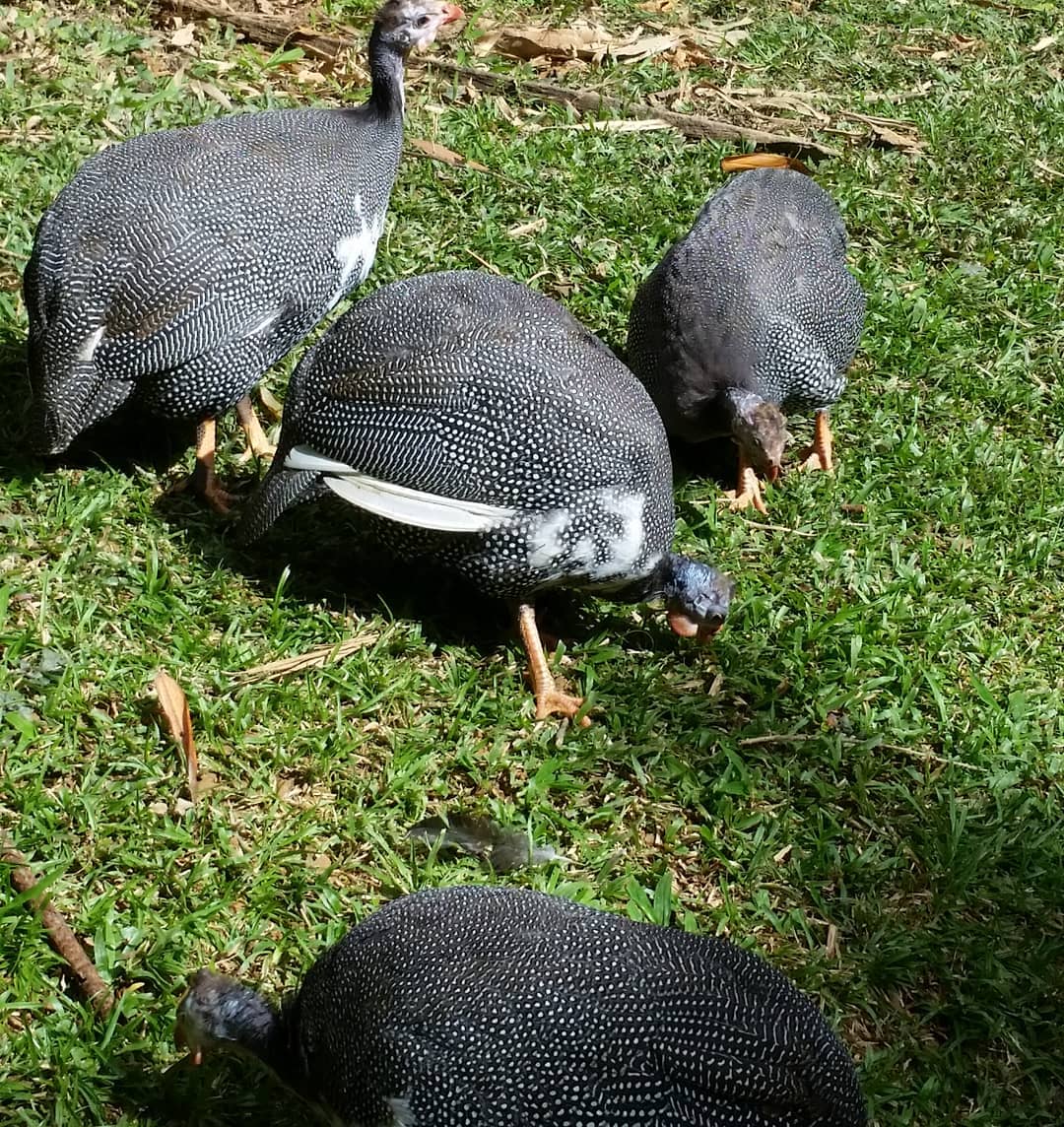
Mostly, they are known for tick removers. If allowed in the backyard, they help remove grasshoppers, flies, and even snakes.
I often drive my flock to range through pastures and orchards. This way, they can save your crops from bug infestation without much damage.
Chickens also consume ticks, but only a couple of chickens don’t make much difference to the pest population.
In this case, guinea fowls are effective. Once they started pasturing, you won’t find ticks on multi-acre properties.
2. Natural Watchdogs
Guinea fowls can be reliable watchdogs at homesteads and farms. They are vocal and produce a loud, harsh cackling sound when felt threatened.
Their loud alarms are heard throughout the property when strangers, predators, or unusual movements occur.
They can easily sense the visit of howls, raccoons, foxes, or weasels and alert the owners, allowing them to prepare and drive the intruders.
So, having guineas means being less likely to lose flocks and livestock.
This means you need not raise a guard dog and save on its feeding costs.
3. Low-Maintenance & Hardy Birds
Guineas are self-sufficient fowls and can take care of themselves without human help.
As game birds, they pasture well and thrive well on free-range. They consume about 90% of their food from ground seeds, plants, bugs, and small rodents.
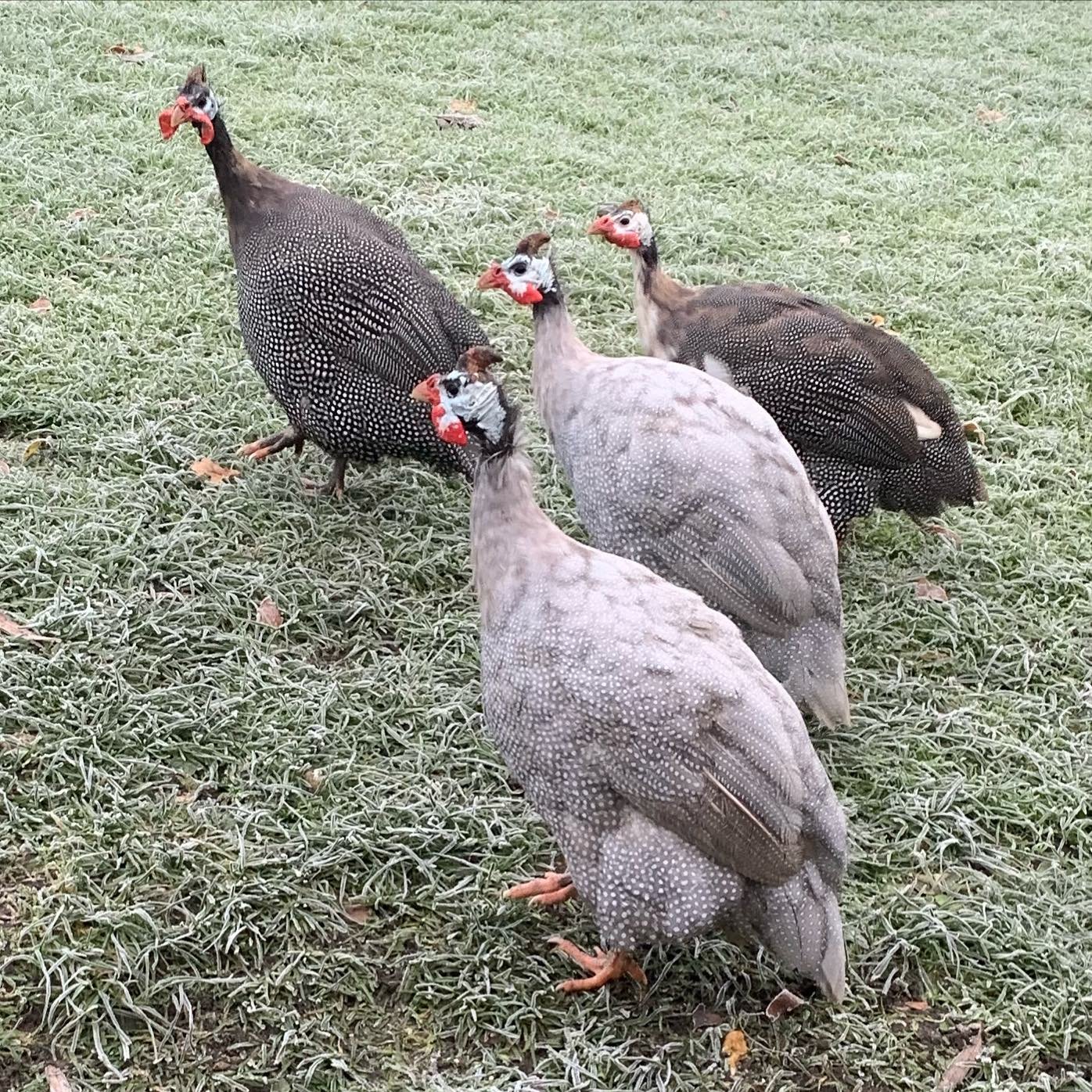
So, you can raise them with minimal supplemental feed.
The birds also roost on the branches and sleep there at night if they lack a house.
Making nests in tall grasses and making a decision to sit on their nests to hatch out new chicks are part of their intelligence and independence.
Also, they are more disease-resistant compared to chickens.
4. Egg Production
Guinea fowls lay eggs from March or April through September.
You can expect them to yield about 100 to 120 speckled brown eggs per season. Their eggs are smaller than chickens’ but have a thicker and harder shell.
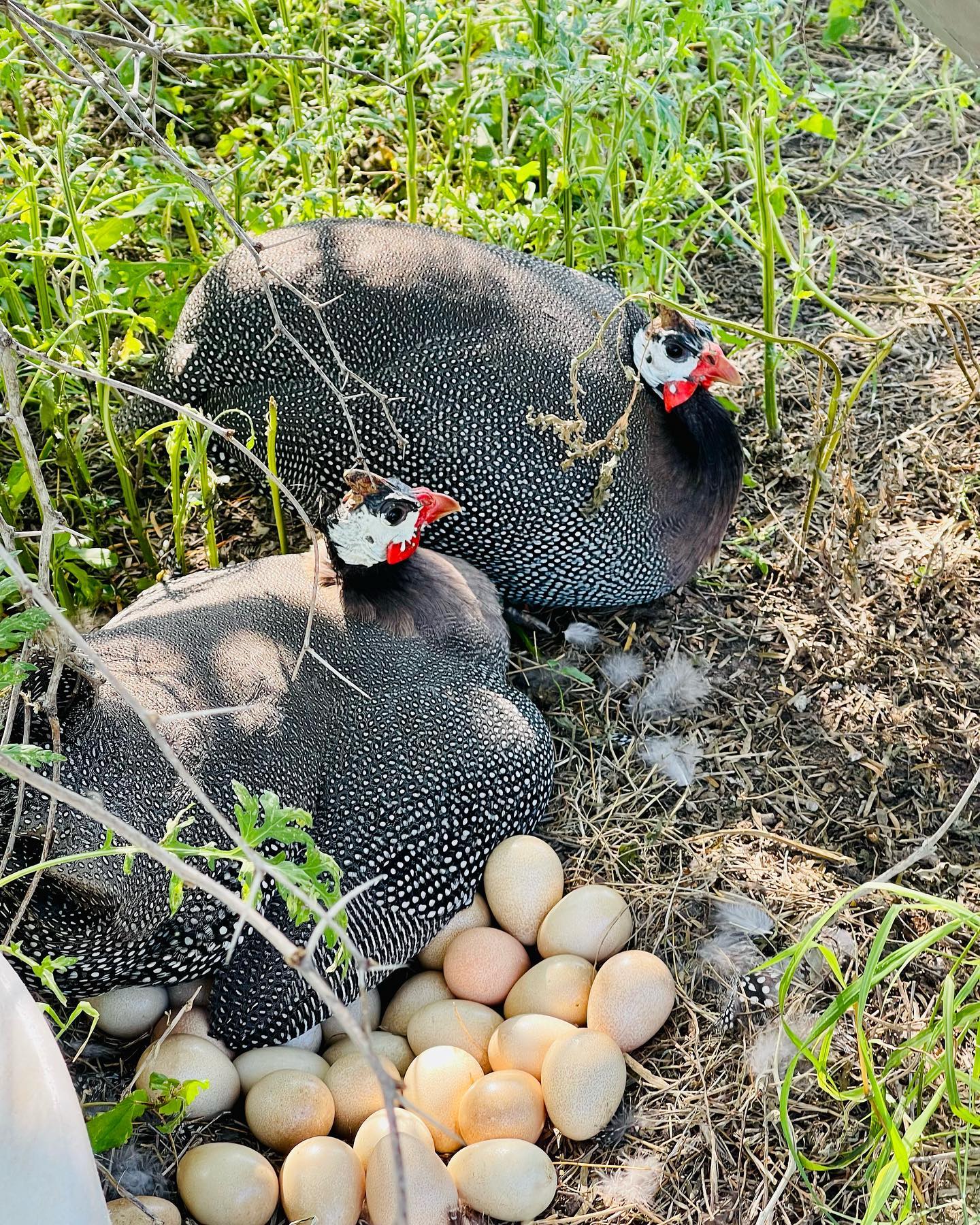
The eggs are edible and great for breakfast and other recipes.
They are nutrition-rich and flavorful and contain nearly 3 times more protein than a similar-sized chicken egg.
As guineas often forget their eggs, it becomes easy for owners to collect eggs. I did the same in the morning.
5. Meat Source
Guinea fowls weigh around 3 lbs. Though it is relatively smaller in weight than broiler chickens, their meat is richer in taste and uses.
The meat is lean like turkey and has a slightly moistened and darker texture. The consumers notice the meat has a slightly gamey flavor, but it isn’t overbearing.
You can easily cook meat like chicken and prepare it by roasting, grilling, frying, and stewing.
As a versatile meat, it is used in different dishes and purposes such as soup, salad, asseroles, sandwiches, and wraps.
Besides, meat is also rich in nutrition, with 28% protein, which is higher than 23% in chicken meat. Also, it has lower fat and calories.
6. Garden Helpers
It’s true that guinea are skilled foragers for food on the ground, but they scratch less than chickens, so they don’t harm plants and veggies in the garden.
They are more interested in pecking at bugs and weeds, without tearing up roots and leaving planted areas alone.
If you can keep them in the fenced yard, they can remove unwanted plants and weeds without destroying the garden.
So, guineas are ideal for organic pest and weed management.
7. Make Friendly Flock
Guineas do well with other birds or flocks without harming them. They mix well with poultry flocks and share the coop without intervention at night.
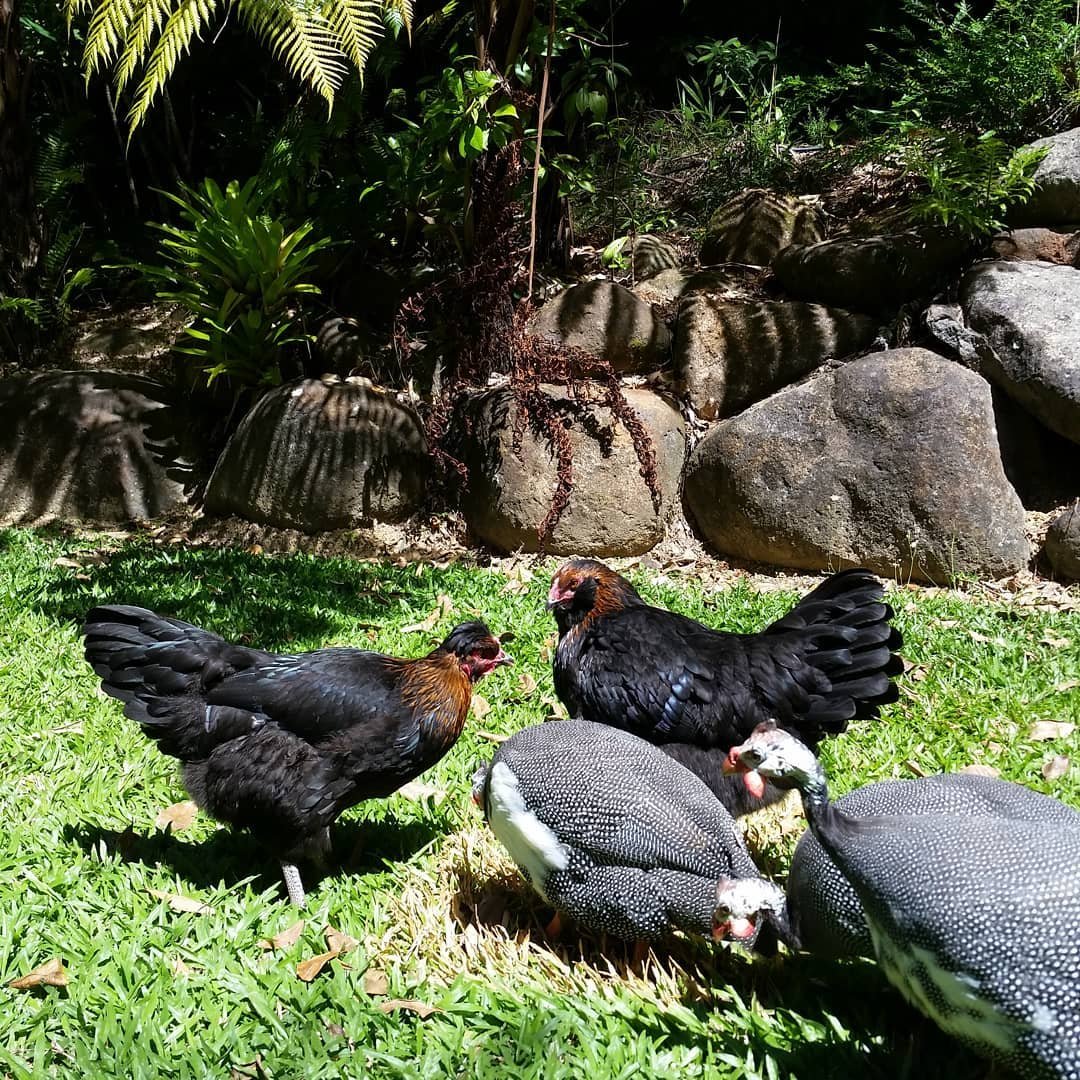
You can raise guinea fowls and chickens together. For this, you need to train the guinea to sleep in the coop.
And after a long day, the guineas and chickens return to the coop together every night.
Besides, guineas protect chickens from predators. They produce a loud call if they find possible danger and begin zigging through the yard to take cover.
If it were chickens, they would have been lost in a daydream.
Such incidents are common while chickens take dust baths in the open space.
8. Natural Fertilizer for Soil
If allowed to roam in the garden, they leave droppings that will turn into fertilizer.
Also, their pen and house have lots of manure, which you can collect and use directly in compost piles or gardens.
Do you know that guinea fowl manure adds nitrogen-rich compost for gardens?
So, the free-range birds help enrich the soil naturally and grow the garden harvest without any cost.
9. Sustainable Birds
Guineas have already been good for sustainable farming with their yield of eggs and meat.
Besides, it makes more sense with their gestation period, which remains only one week longer. It means you can increase their population almost as fast as chickens if you need.
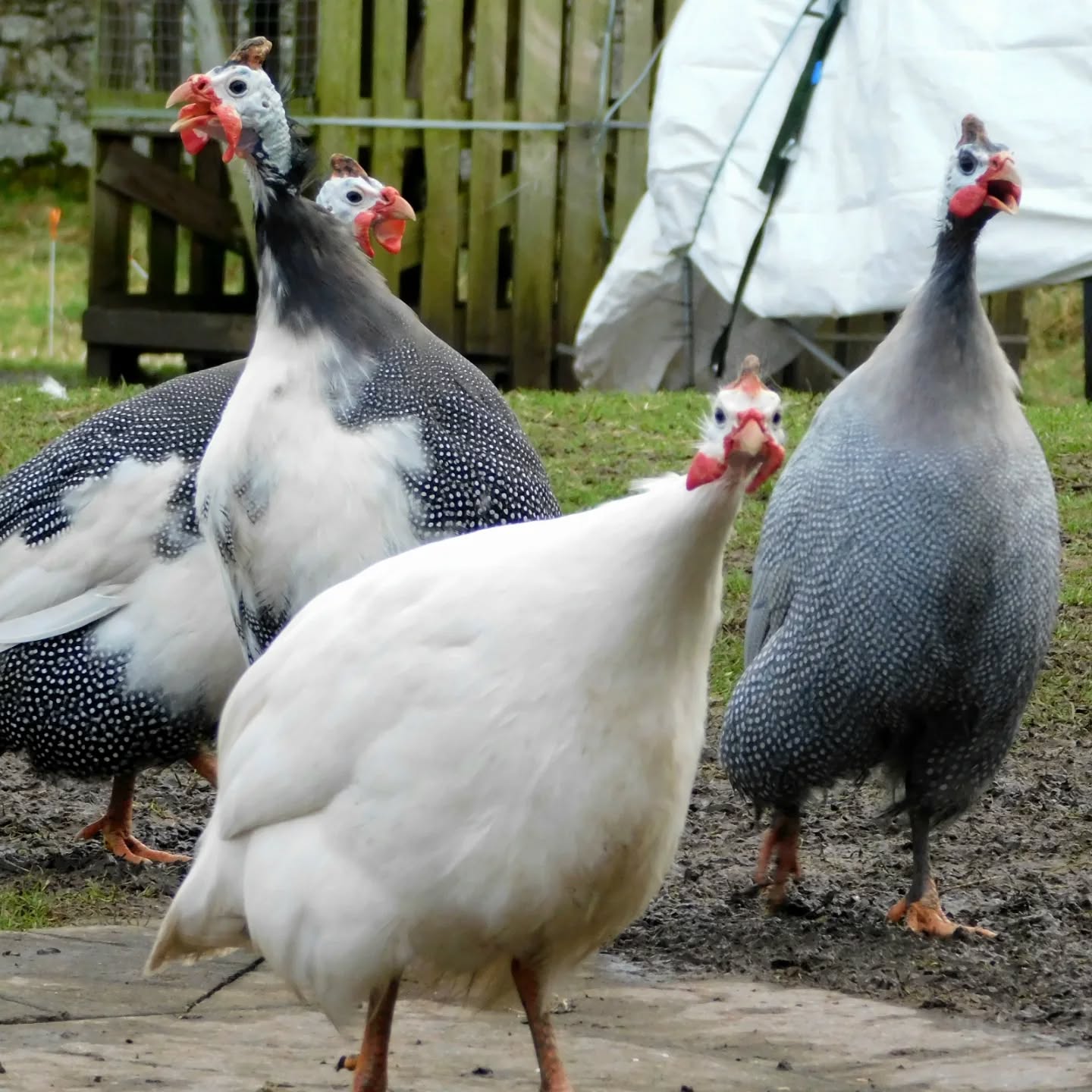
They can hatch a clutch of eggs and give several keets, which grow quickly.
You can notice their growing wattles and their casque between 6 and 8 weeks.
Though they reach their maturity in around 6 months, you can harvest the young guineas for tender meat. If you want them to grow full size, you need to wait for 9 to 12 months.
10. Entertainment & Homestead Character
Apart from meat and eggs, many types of guinea fowl are raised for charm and amusement.

They are very active birds that need ample space to run, fly, and pasture.
Though they have weird and quirky personalities, it’s worth adding guineas to the homestead and hobby farms.
When they forage and roam around the garden or a backyard, it’s more than fun to watch them. This helps you increase your farm charm and make it a showstopper for visitors.
These social birds add life to the homestead.
Challenges of Raising Guinea Fowl
Many owners complain about guinea fowls that they are stupid creatures.
- Guinea fowls are extremely loud and aggravating, which can annoy your neighborhood, so it’s not ideal to raise them in a residential area.
- If allowed free range, the untrained fowls roam around everywhere and poop throughout the porches. They don’t care for your properties.
- They perch on a tree and don’t want to go to the coop until they are trained.
- Also, it is their instinctual behavior that makes fowls somewhat irresponsible mothers in temperate climates.

Besides, guinea fowls are a great addition to the farm for their meat, eggs, and foraging and easy-going behaviors.
Final Thoughts
Guinea fowls are self-sufficient on most days of the year, but they need shelter and access to food and water in the winter.
When raising keets, you can treat them with the same initial inputs as baby chickens. The key difference is that they can fly well before you want the birds running loose.
So, they have to provide good cover or a building. With little effort and feed, you can reap the benefits of guinea fowl.


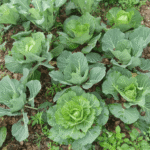
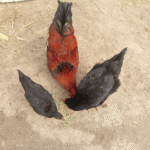
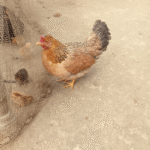

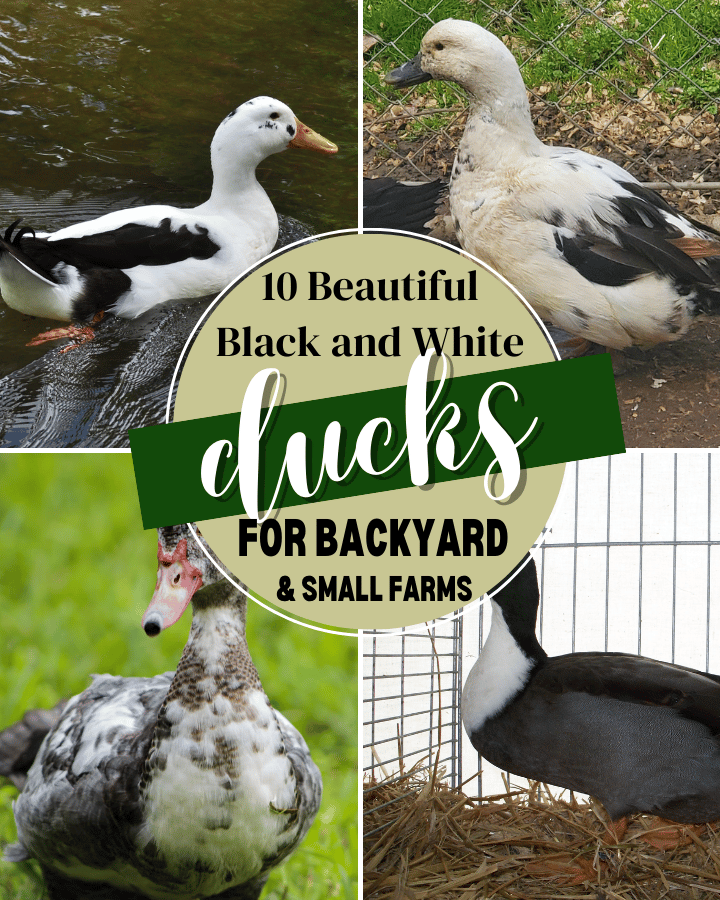

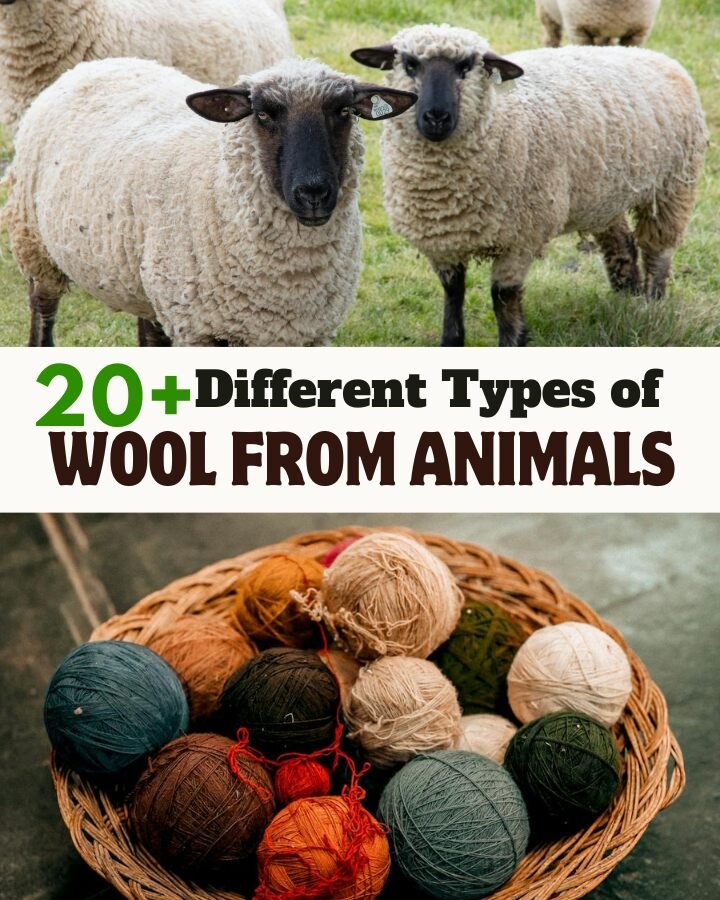
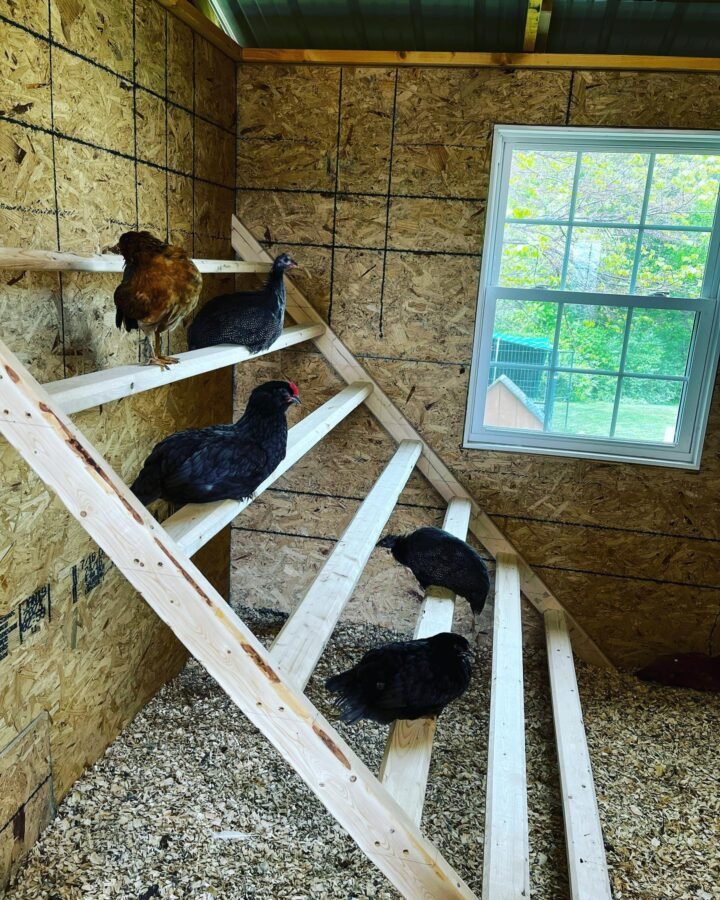
Leave a Reply